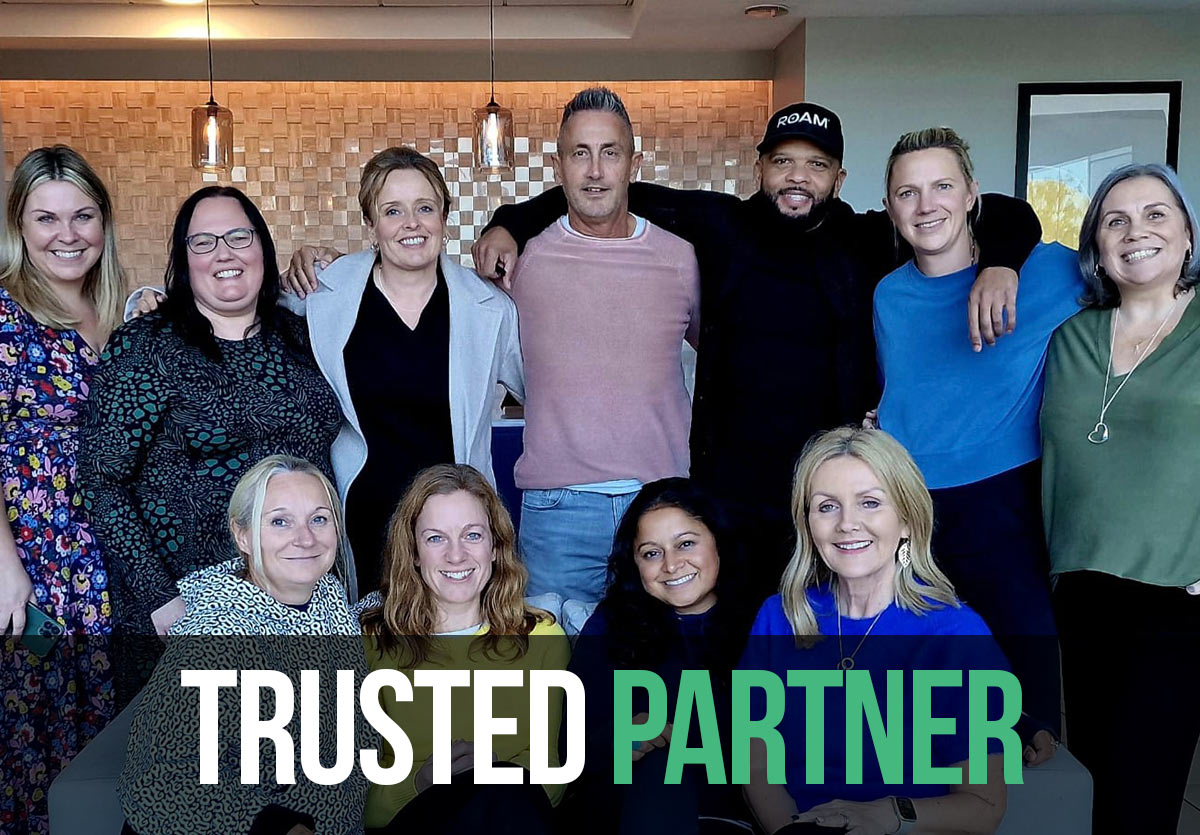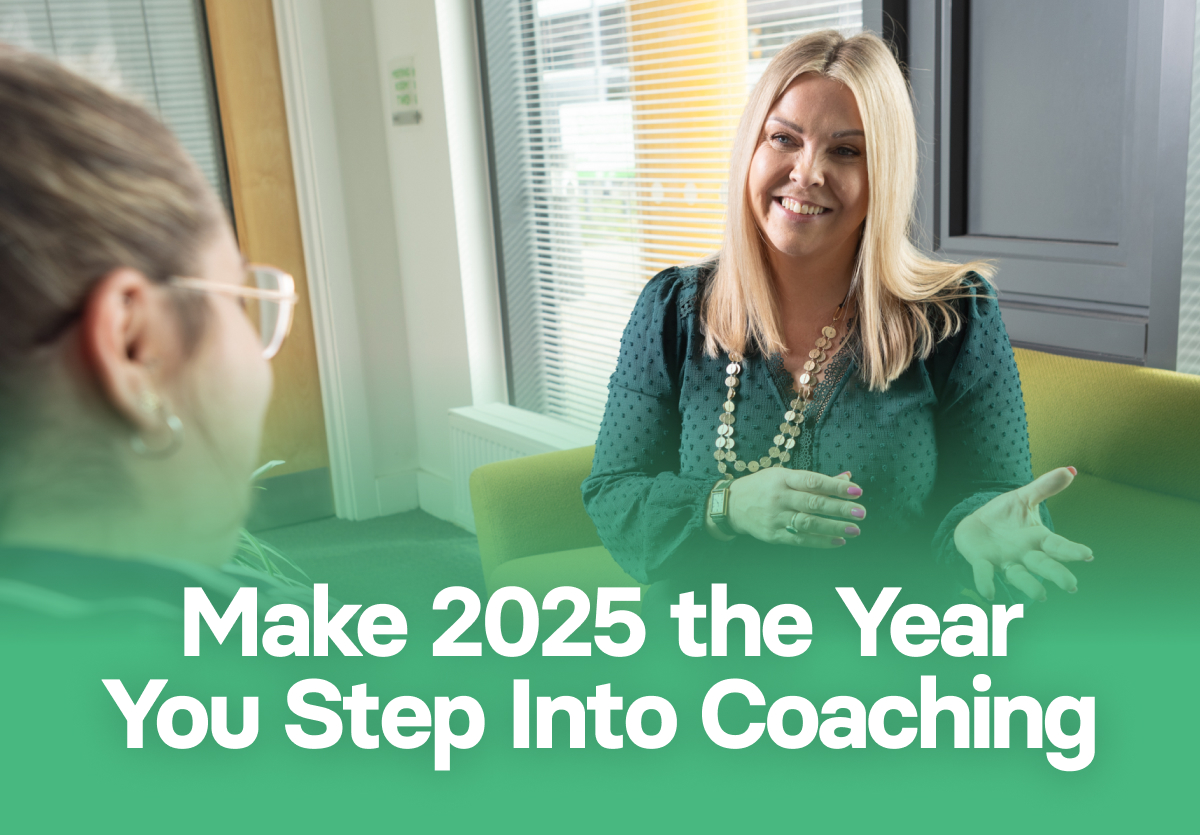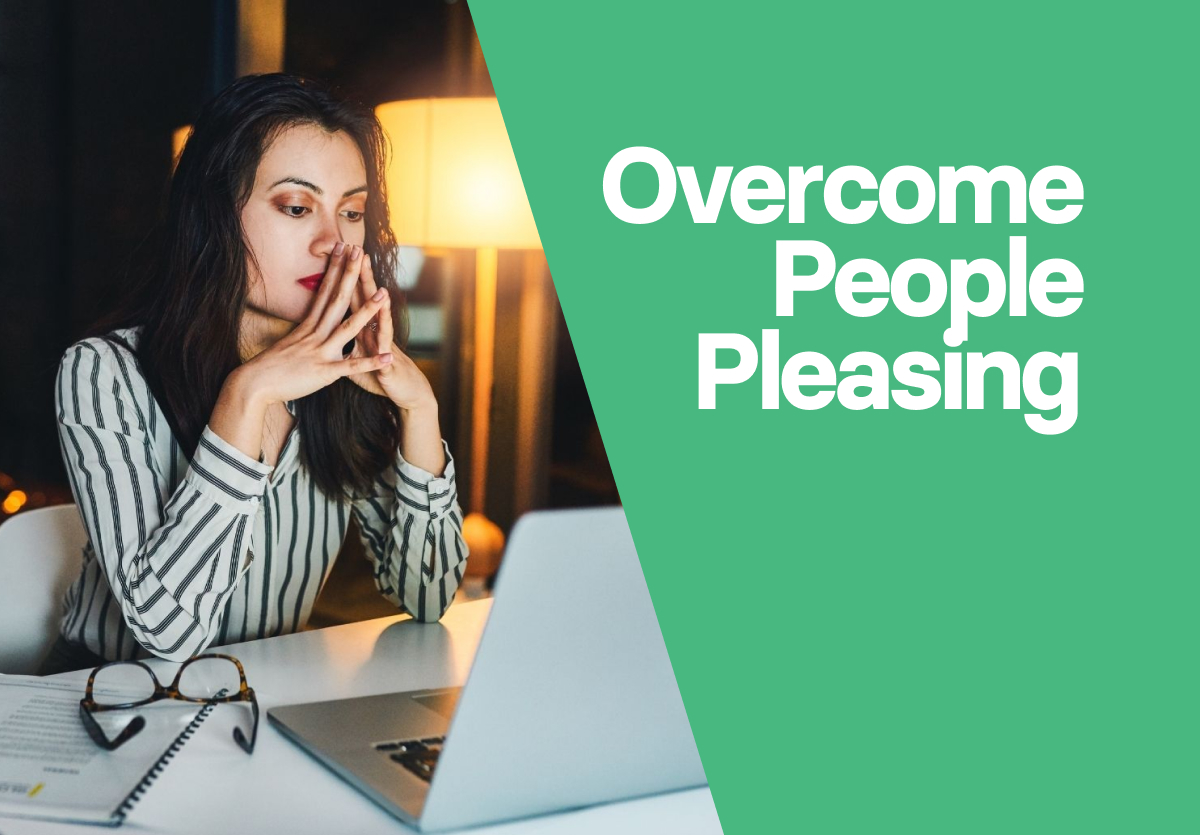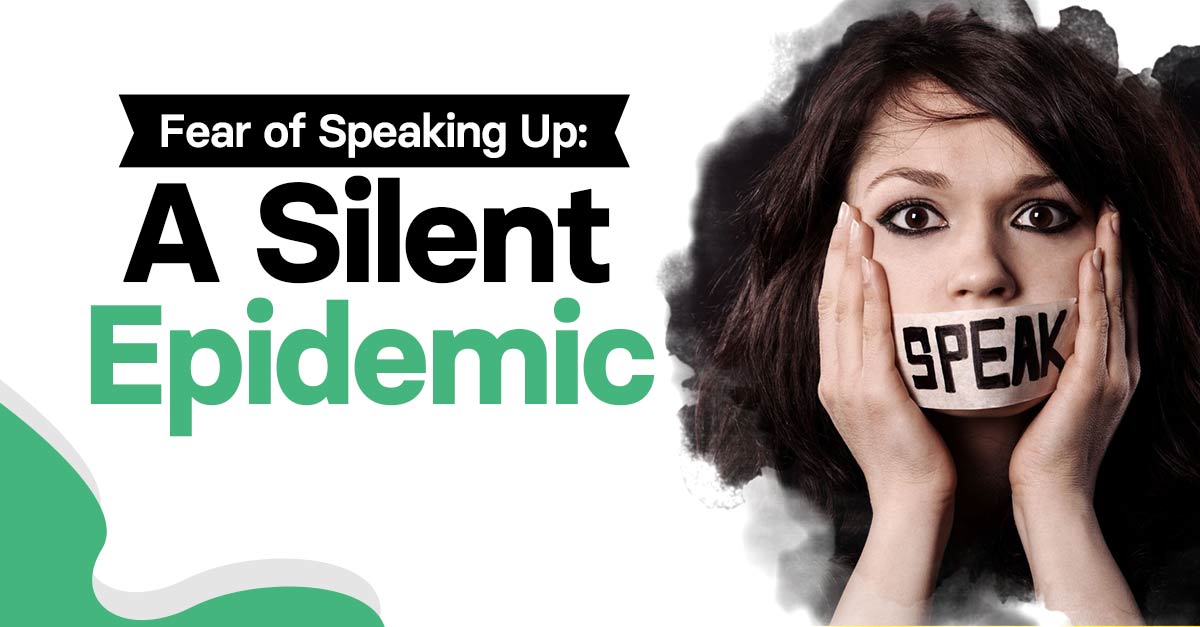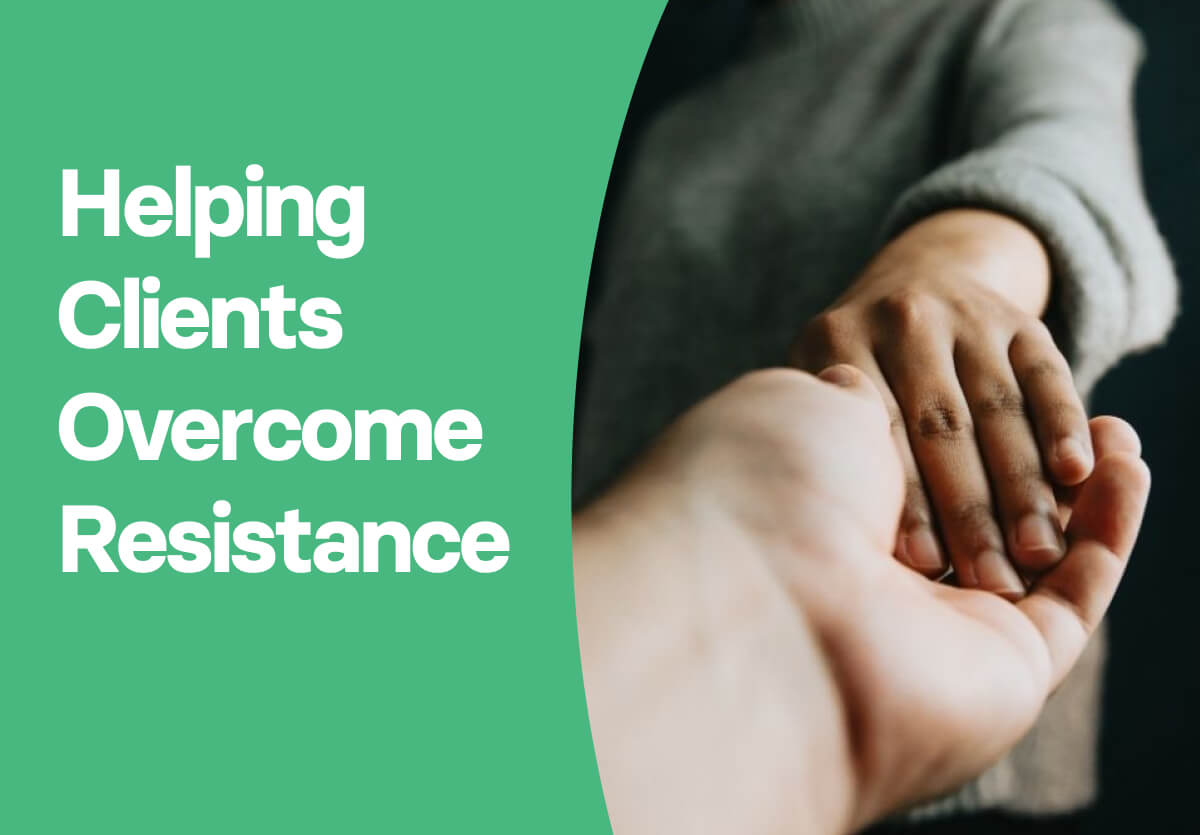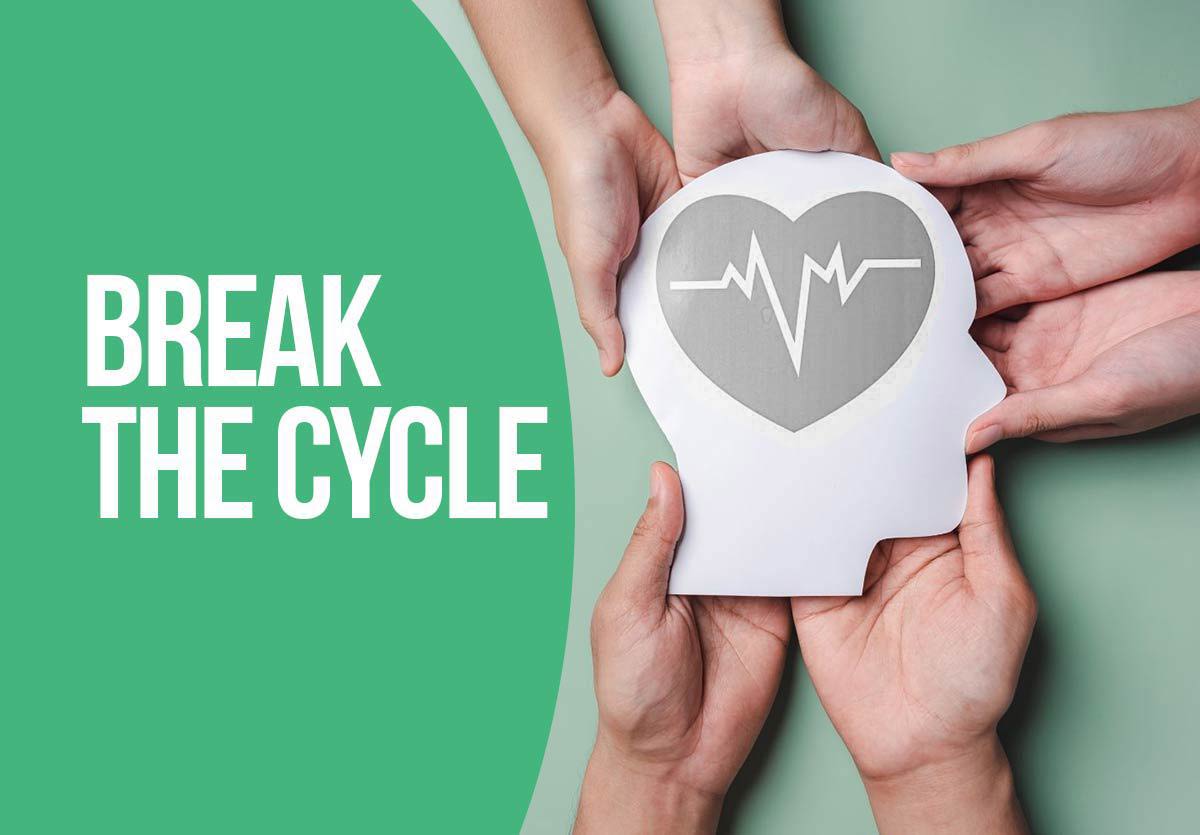The journey starts way before your client decides to work with you.
It’s all about creating the Know, Like, and Trust Factor
These three little words seem to be written in business articles as often as ‘I love you’ is written in cards on Valentine’s Day.
Business gurus tell us that one of the golden rules of building a successful business is to earn the trust of our potential clients by helping them to get to know and like us.
Underneath this golden rule of business, there seems to be two schools of thought. One school suggests you mustn’t talk about yourself because ‘nobody cares’ and therefore you build the ‘know, like, and trust’ by being the expert and showing how you add value to the customer.
The other school talks of the need for vulnerability and to let people see into the windows of your soul. People buy from people and the know, like and trust is earned because you share your human side.
As somebody who has built a business based on the lessons from both schools, I think there is space for a hybrid approach, and if you are a coach, I would suggest the hybrid approach is vital.
In this article, I want to share what I believe it takes to encourage a client to know, like and trust you. I’ll also reveal the big secret that doesn’t seem to be written anywhere, and yet it’s the ONE THING I see hampering many successful people in my coaching sessions. I’ll come to this later.
First up let’s explore the concept of KNOW, LIKE & TRUST using one of my favoured models.
I am a super fan of C.A. Green’s Trust Equation and it’s a tool I encourage Paseda360 Coaches and their clients to consider as they navigate their relational transactions.
The Trust Equation states that trustworthiness is equal to the sum of credibility, reliability and intimacy divided by a person’s self-orientation (ego). I can quite easily see how those categories align with the concept of knowing, liking and trusting.
Reliability: Your actions and how dependable you seem. Do you do what you say you will do? We tend to like people who are consistent and reliable because it creates a feeling of psychological safety.
Credibility: Your words and how believable you seem. Do you know your onions? Positioned in the right way, a person’s knowledge and ability helps us to learn and grow.,
Intimacy: Your ability to be vulnerable and how safe people feel sharing with you? Do you wear a mask, and can you keep a secret? The more of YOU you can reveal, the more likeable and trustworthy you become. (Caveat..this doesn’t apply to psychopaths and sociopaths)
Self-orientation: Your motives and focus on self versus others. Is it all about you or are you genuinely interested in others? Legend Robert Caldini states that to be successful means to like your customers as much or even more than they like you. It’s a two way street folks.
Because the equation is a sum total, it’s not enough to work on one aspect. One of the schools of building know, like and trust talks about demonstrating your value by establishing yourself as the credible expert. Of course sharing knowledge and showing your skills demonstrates to a potential customer what you know. It’s simply not enough though.
If your clients don’t get to know anything about YOU, the human behind the knowledge, the trust will be shallow.
When you are focussed on building your credibility, remember to keep the ego in check and ensure you don’t make a person feel stupid in your attempt to show them how much you know. It sounds like a no brainer but I see this happen a lot, particularly at networking events. People are so keen to show they know that they trample, often unknowingly, over the person that doesn’t. It’s not a good look.
When you realise intimacy is a key part of trustworthyness, you might be tempted to dial up the sharing. Be careful to keep the ego crushed when you do. It’s not simply about sharing how your success has provided a gorgeous home, or a car of your dreams. The person also needs to hear about your ‘face palm’ moments, the things that have gone wrong, and the less than shiny days you’ve endured on the way to your success.
Revealing your vulnerability earns trust.
In 2017 when I wrote a book about my difficult past, I was astounded at the level of trust it engendered. Opening up gave people a right of passage to do the same, and some very deep client relationships developed as a result.
Sharing stories makes you relatable, and relatability is likeable.
Finally you have to be able to do what you say you will do and become known for this. There are MANY people out there who run a programme of ‘I don’t matter’ and when you don’t do what you say you will do, this programme can be triggered like a land mine. It immediately erodes trust for these people and you will be fighting a losing battle to win them back.
So the equation doesn’t suggest you should only share knowledge and never talk about yourself, indeed it recommends the opposite and encourages a collaborative human exchange. This must come from a place of helping and supporting others when you do. Lead with heart.
Have a think about the trust equation and give yourself a score for each of the four components and then ask yourself how you might improve on this score.
Quick win tip.. when you first meet somebody, resist the urge to talk about you and instead get curious about them. This is the ultimate way of pushing down the self-orientation and it earns you the right to build the know, like and trust next time.
If you can incorporate the trust equation in a balanced way, you’ll earn the know, like and trust.
Before you go off to work on it I want to share that ONE THING I mentioned earlier can hamper you.
I know lots of people struggle with trust. 97% of us have what’s known as a vulnerable landscape in the brain which means we naturally search for the threat as we experience our day to day.
When we come from a place of mistrusting first, the trust baseline is low and people we meet are not only expected to EARN our trust, they have to move mountains to do so. This low baseline creates a barrier to deep connection that can be felt subconsciously by all.
So the ONE THING I encourage you to do, is to give people the gift of your trust first. This doesn’t mean you need to be boundary-less or naive by the way; I don’t advocate being a doormat. Rather, it means that you consciously decide to think the best of people, you look for the positive intent in their actions, you see people as innocent until proven guilty and you love your potential customers.
Challenge your conscious awareness to choose TRUST FIRST, and the way you earn trust back will change. I promise you it’s a game changer.
Knowing, liking and trusting works both ways and those who win in coaching businesses put as much emphasis on getting to know, like and trust their clients as they do earning it back.


